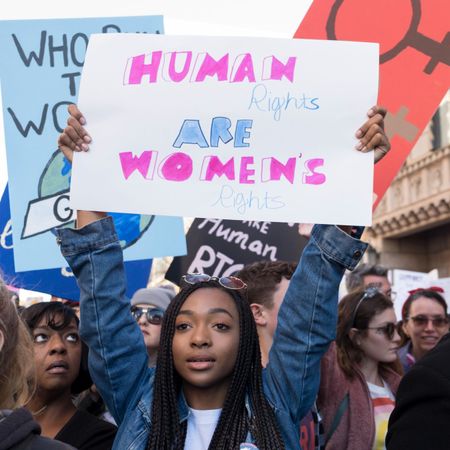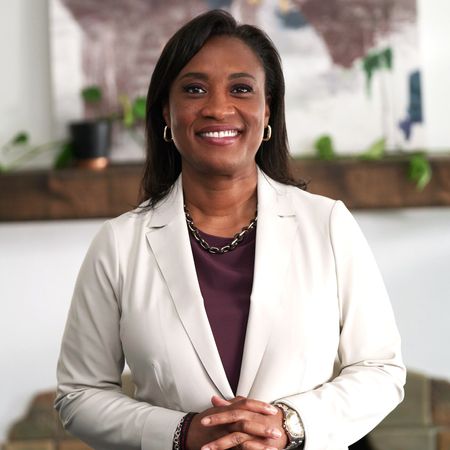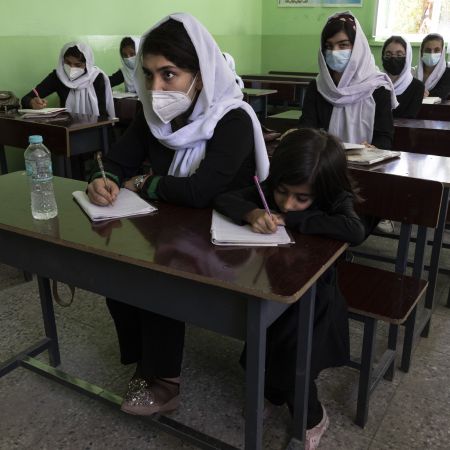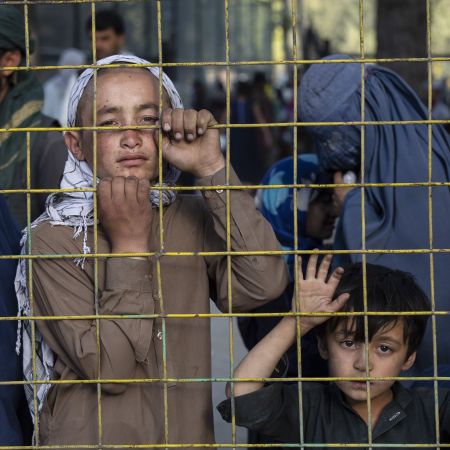The Comprehensive MC Guide to the Unrest in Egypt
We've laid out exactly what you need to know to once again confidently navigate the evening news.
You've been seeing a lot of the word "Egypt" repeatedly popping up in your Twitter feeds or displayed on CNN's homepage ticker, and if you haven't been closely following the country's developments until now, that's okay — but that changes right now. The current violence in the northeastern African country has been claiming over 600 lives and reflects an extensive conflict that spans over decades. It's an extremely layered, complicated affair that is difficult to comprehend even for those closely following it, but that doesn't mean you shouldn't understand the basics. MC has laid out exactly what you need to know to once again confidently navigate the evening news.
Why is there violence in Egypt? In 2011, over a million Egyptian civilians protested in Cairo for Egypt's president of 30 years, Hosni Mubarak, to step down, which he did in February of that year. However, the country has been in a constant state of tumult since as both citizens and the interim government fight — literally — to determine what the nation will look like. Democracy, anyone?
Who is responsible for the killing? Most of the currently occurring violent confrontations have taken place in Cairo's streets. Egyptian security forces are thus attempting to control and quell the protestors, while civilians fight back. This includes recent attacks by these violent groups on churches and government buildings.
What are protestors asking for? Besides rallying for a complete Egyptian democracy, protestors have been supporting former president Mohamed Morsi, Egypt's first democratically elected leader who served from June 2012 through July 2013. Last month, Morsi was overthrown in a military coup, and the military remains in charge.
What did Obama state in his remarks on the situation? Last week while on a working vacation in Martha's Vineyard, President Obama delivered a statement in response to this conflict, in which he criticized Egypt's interim government. "The United States strongly condemns the steps that have been taken by Egypt's interim government and security forces," he said. "We deplore violence against civilians." In response, Egypt's government said that Obama's statements were not based on "facts," and will only encourage violence against protestors.
What does the U.S. plan to do to address this conflict? Secretary of State John Kerry has called for a "peaceful and inclusive democratic transition." However, we are choosing not to intervene militarily to avoid losing influence in the region.
Stay In The Know
Get exclusive access to fashion and beauty trends, hot-off-the-press celebrity news, and more.
-
 Joshua Jackson Won't Let His Daughter Watch 'Dawson's Creek'
Joshua Jackson Won't Let His Daughter Watch 'Dawson's Creek'"She's going to get all sorts of ideas."
By Amy Mackelden Published
-
 Why Kate and William Will Be Making More Joint Appearances
Why Kate and William Will Be Making More Joint AppearancesA royal expert weighed in on their plans, calling them "the world's most glamorous royal couple."
By Amy Mackelden Published
-
 How Camilla Is "Showing Strength" as Charles Cancels Plans
How Camilla Is "Showing Strength" as Charles Cancels PlansCharles has been forced to cancel "an African spa retreat," which he planned to take with Camilla.
By Amy Mackelden Published
-
 36 Ways Women Still Aren't Equal to Men
36 Ways Women Still Aren't Equal to MenFeatures It's just one of the many ways women still aren't equal to men.
By Brooke Knappenberger Last updated
-
 EMILY's List President Laphonza Butler Has Big Plans for the Organization
EMILY's List President Laphonza Butler Has Big Plans for the OrganizationUnder Butler's leadership, the largest resource for women in politics aims to expand Black political power and become more accessible for candidates across the nation.
By Rachel Epstein Published
-
 Want to Fight for Abortion Rights in Texas? Raise Your Voice to State Legislators
Want to Fight for Abortion Rights in Texas? Raise Your Voice to State LegislatorsEmily Cain, executive director of EMILY's List and and former Minority Leader in Maine, says that to stop the assault on reproductive rights, we need to start demanding more from our state legislatures.
By Emily Cain Published
-
 Your Abortion Questions, Answered
Your Abortion Questions, AnsweredHere, MC debunks common abortion myths you may be increasingly hearing since Texas' near-total abortion ban went into effect.
By Rachel Epstein Published
-
 The Future of Afghan Women and Girls Depends on What We Do Next
The Future of Afghan Women and Girls Depends on What We Do NextBetween the U.S. occupation and the Taliban, supporting resettlement for Afghan women and vulnerable individuals is long overdue.
By Rona Akbari Published
-
 How to Help Afghanistan Refugees and Those Who Need Aid
How to Help Afghanistan Refugees and Those Who Need AidHow To With the situation rapidly evolving, organizations are desperate for help.
By Katherine J. Igoe Published
-
 It’s Time to Give Domestic Workers the Protections They Deserve
It’s Time to Give Domestic Workers the Protections They DeserveThe National Domestic Workers Bill of Rights, reintroduced today, would establish a new set of standards for the people who work in our homes and take a vital step towards racial and gender equity.
By Ai-jen Poo Published
-
 The Biden Administration Announced It Will Remove the Hyde Amendment
The Biden Administration Announced It Will Remove the Hyde AmendmentThe pledge was just one of many gender equity commitments made by the administration, including the creation of the first U.S. National Action Plan on Gender-Based Violence.
By Megan DiTrolio Published